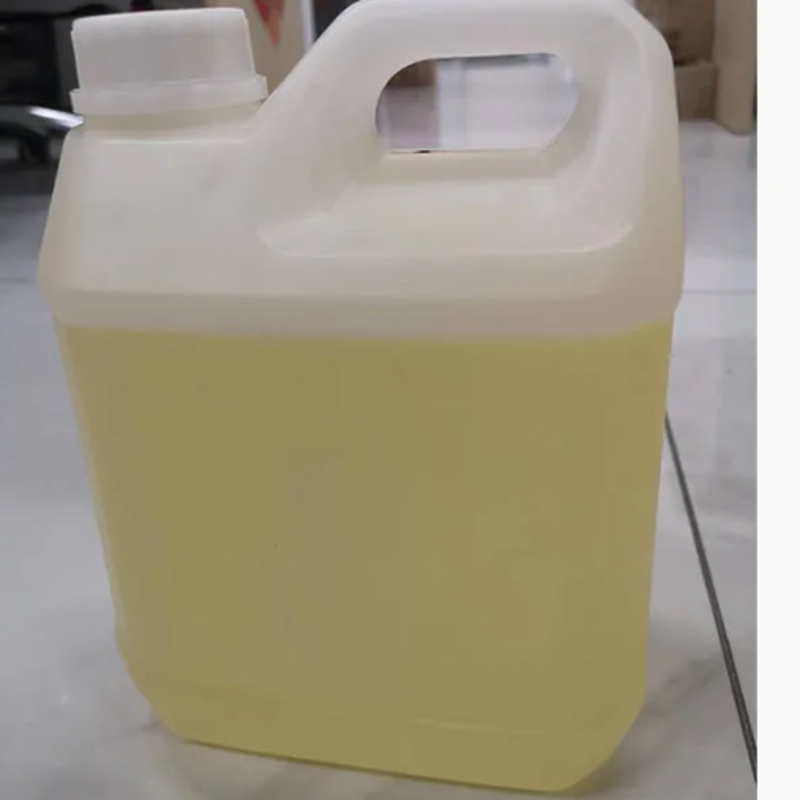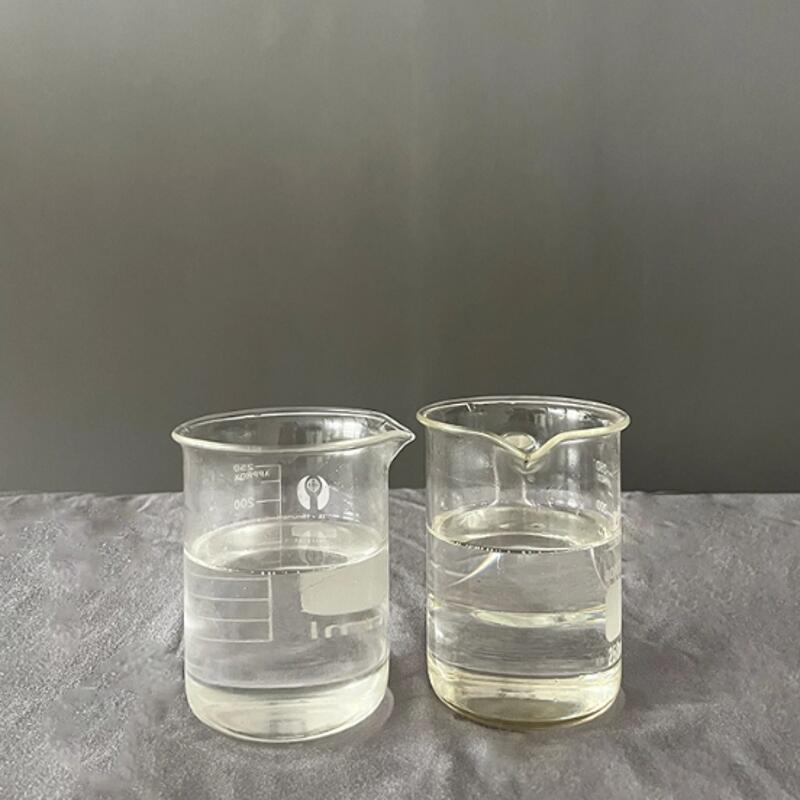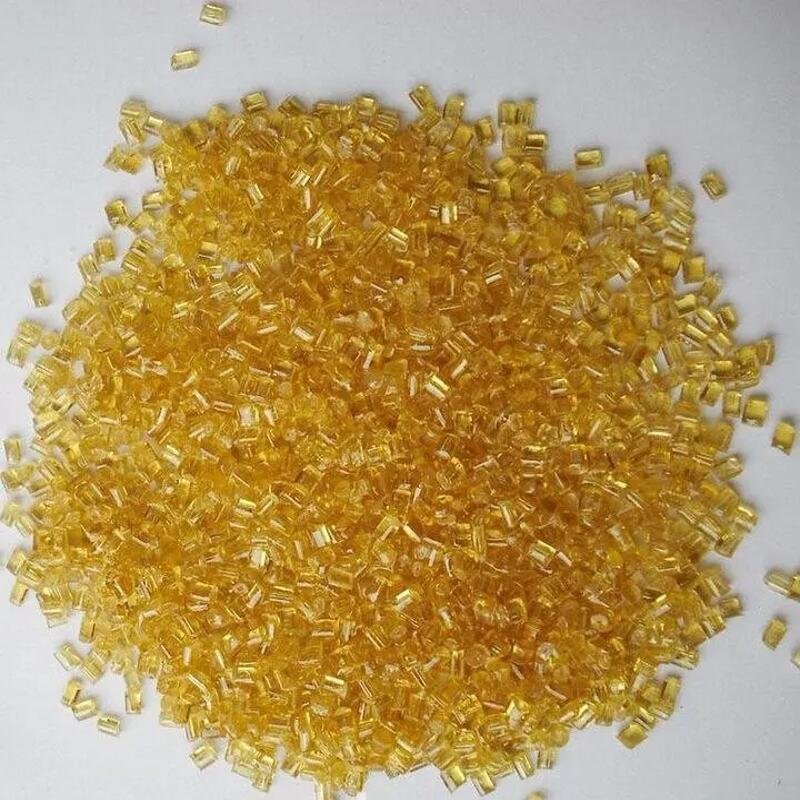-
Categories
-
Pharmaceutical Intermediates
-
Active Pharmaceutical Ingredients
-
Food Additives
- Industrial Coatings
- Agrochemicals
- Dyes and Pigments
- Surfactant
- Flavors and Fragrances
- Chemical Reagents
- Catalyst and Auxiliary
- Natural Products
- Inorganic Chemistry
-
Organic Chemistry
-
Biochemical Engineering
- Analytical Chemistry
-
Cosmetic Ingredient
- Water Treatment Chemical
-
Pharmaceutical Intermediates
Promotion
ECHEMI Mall
Wholesale
Weekly Price
Exhibition
News
-
Trade Service
BP announced on November 24 that it has developed BP Infinia, a plastic waste recycling technology that allows currently unrecyclable polyethylene terephthalate (PET) waste from landfills or incinerators It is transferred out and converted into a plastic raw materi.
BP plans to invest $25 million in a pilot plant in the United States to demonstrate the technology before full commercializati.
It is reported that PET is the most commonly used plastic in beverage and rigid food packagi.
Although PET is one of the most widely recycled plastics, less than 60% of PET collected for use in bottles can be recycled, and only 6% of the total can be reused to make bottl.
BP Infinia technology is designed to convert difficult-to-recycle PET plastic waste, such as black food trays and coloured bottles, into recycled feedstocks that are interchangeable with traditional hydrocarbon sourc.
BP's new pilot plant is planned for its research and development center in Naperville, Illino.
BP foresees the potential to develop several large commercial plants around the wor.







